Good news for today feature – 2019 July Updates

A few minutes every morning is all you need.
Stay up to date on the world's Headlines and Human Stories. It's fun, it's factual, it's fluff-free.
As part of The Millennial Source’s mission of informed neutrality, it’s time once again to remind you that there is good news occurring around the world. Really.
Spreading positive media stories isn’t as effective for capturing readers’ attention as pumping out the gloom. But we don’t blame readers like you for the skewing and magnification of negative news. In order for you to learn about the efforts governments, businesses and civilians are making to improve the world, we need to report them.
So here we go bucking the trends, with some positive news of the month to bring the world’s happenings into a more honest focus.
A Chinese entrepreneur is sending thousands of bikes to children in rural Myanmar.
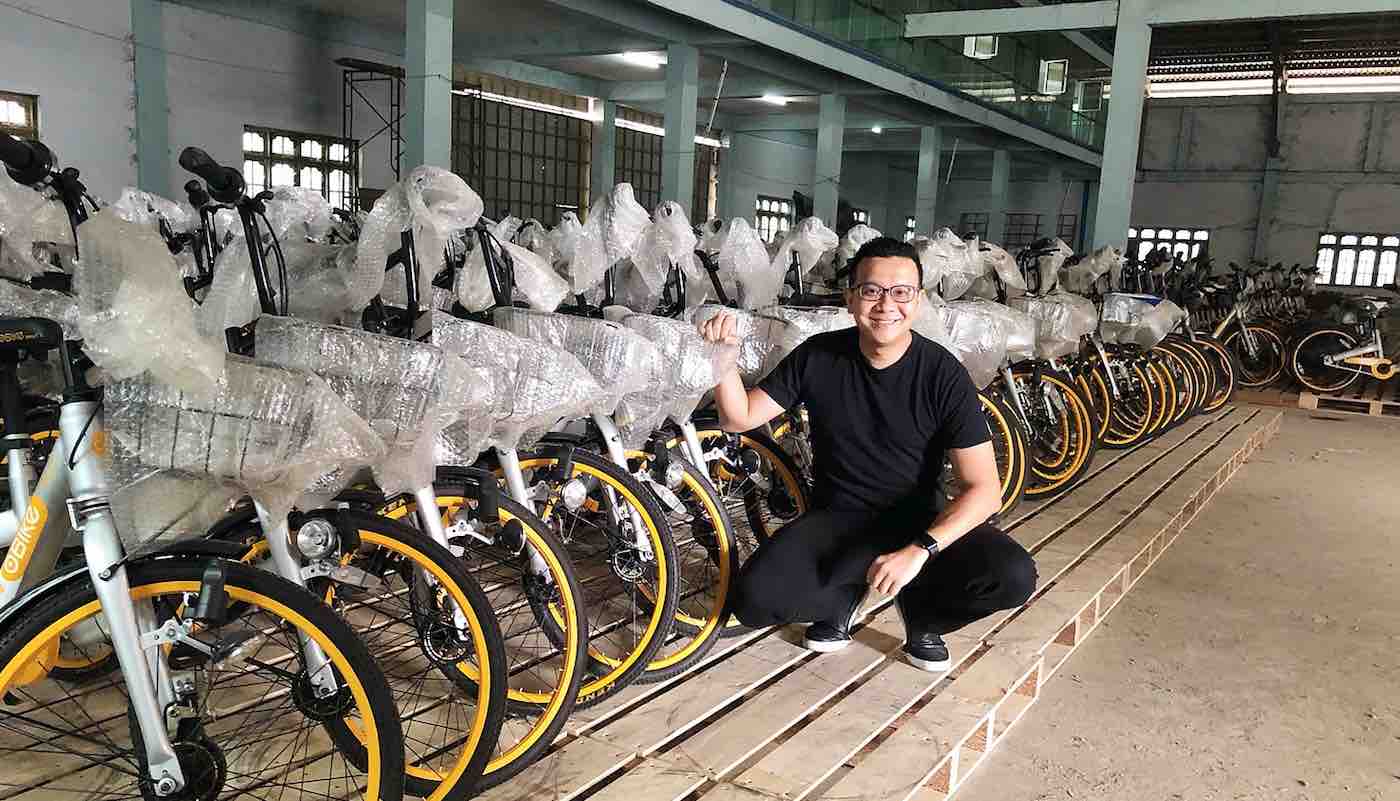
In rural villages around the world, children have to walk for an hour or more to get to school. With their homes too far from cities and buses and their families too poor to afford bicycles or scooters, walking is the only option these children have to get their education.
Many of these children rise in the wee hours to help with chores like fetching water from the nearest stream before embarking on their long hikes to school. By the time they arrive in the classroom, their energy reserves are already depleted. Add to all this the risks associated with the journey itself, which include robbery, rape, rough terrain and poisonous snakebites.
How these children manage to make it through the school day and then walk back home, finish their chores and do homework is beyond imagination for most of us. And the sad truth is that a lot of them can’t muster the strength, dropping out of school altogether.
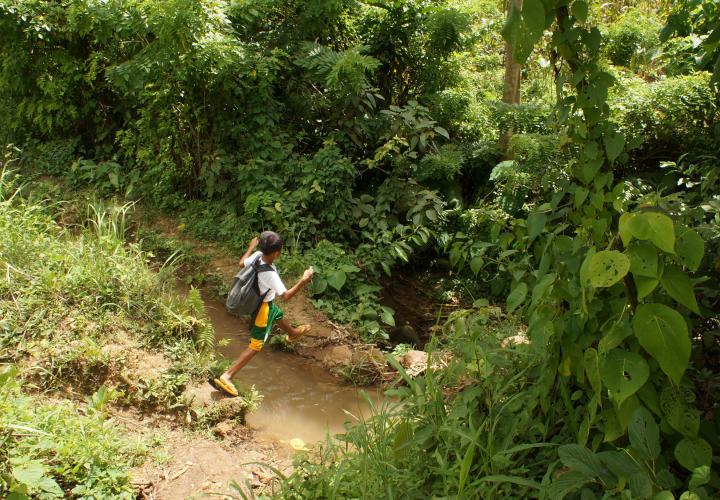
Now, entrepreneur Mike Than Tun Win is sending thousands of bikes to children in rural Myanmar through his nonprofit, lesswalk.org. Despite high costs and unexpected red tape snags, Win has successfully sent nearly 5,000 brand new bikes to “…students living below the poverty line in Myanmar and [who] need to walk 2 kilometers to school.”
Animals thought to be extinct have been rediscovered in the jungles of Honduras.
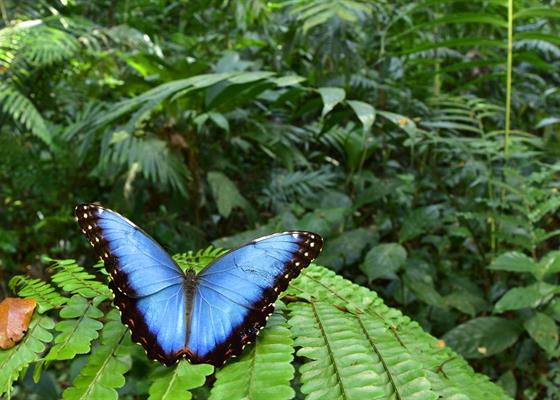
Conservation International’s Rapid Assessment Program (RAP) team and Honduran government officials recently spent three weeks exploring the Mosquitia Rainforest of Honduras, including sites associated with the legendary lost White City. They found several species there that were thought to be regionally or totally extinct.
The pale-faced bat and the false tree coral snake had not been seen in Honduras in over 50 years. The research team also spotted a tiger beetle previously seen only in Nicaragua and assumed extinct. All in all, the RAP documented hundreds of species, many of them new for the region and some perhaps completely new to science.
“The ‘White City’ is one of the few areas remaining in Central America where ecological and evolutionary processes remain intact,” said Trong Larsen, director of the RAP Program.
You can read more about the RAP’s findings in this conservation report.
Renewable energy now accounts for one-third of global power capacity.
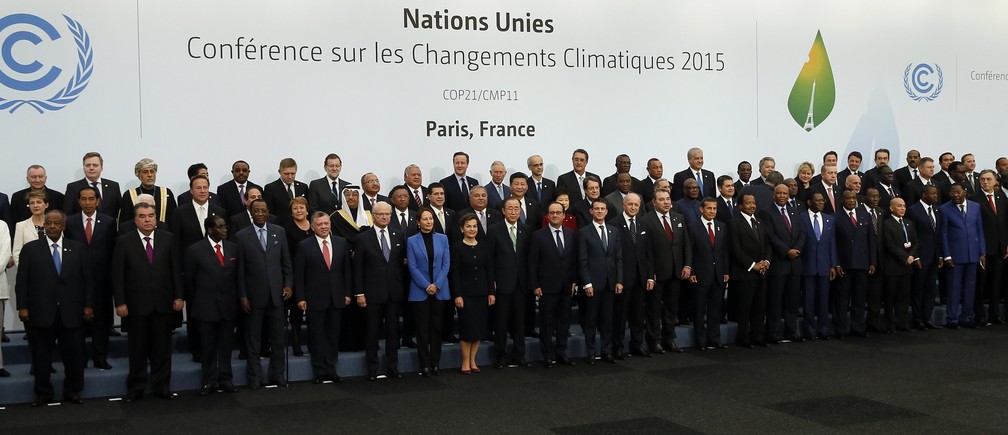
With the 2015 Paris Agreement pushing the world toward a decarbonized economy, many nations are pursuing appropriate and necessary domestic measures to adhere to the environmental agreement’s requirements.
The goal of the Paris Agreement is to ensure that the world temperature increase stays “well below” two degrees Celsius over the next century. Among other things, the agreement requires all participating nations to communicate their efforts and contributions every five years, and to offer climate change training and education to the general public.
According to a 2019 report by the International Renewable Energy Agency (IRENA), renewable energy now comprises one-third of global power capacity, with hydroelectric power accounting for half of the renewable energy share.
The report also shows that the 2018 global increase of 171 gigawatts of renewable energy production was led by emerging and developing economies. Oceania had the highest growth rate at 17.7%, followed by Asia at 11.4% then Africa at 8.4%.
South Korean school gives illiterate older women the chance to read.
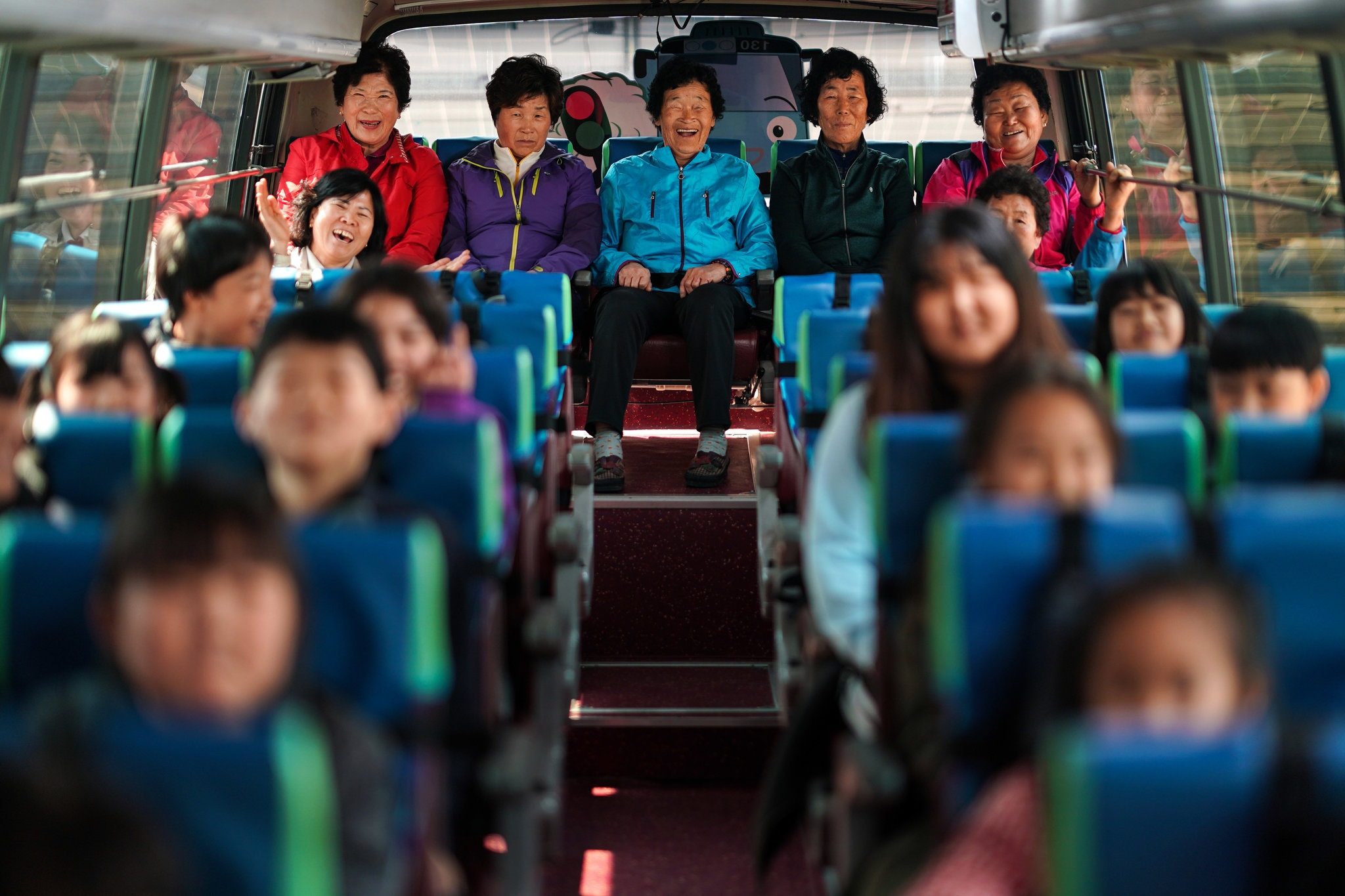
A school in rural South Korea has opened its doors to illiterate grandmothers who never had a chance to receive an education.
With global birth rates plummeting, some schools, especially in rural areas, are finding it hard to fill their classrooms. “We went around villages looking for just one precious kid to enroll as a first grader,” said the South Korean school’s principal, Lee Ju-young. “There was none.”
Traditionally in Korea, boys were prioritized for education, especially when family resources were scarce. Education for young girls was seen as a luxury. When 70-year-old Hwang Wol-geum was younger, she stayed home to care for the house and her younger siblings. She remembers often weeping behind a tree as she watched her friends head off to school in the mornings.
When she heard about the school’s current enrollment struggles, Ms. Hwang joined several other women aged 56 to 80 in stepping forward to request a seat in the classroom. These women have faced difficulties and humiliation associated with illiteracy all their lives.
Ms. Hwang now rides the school bus with her grandchildren, with the ambitious intention of running for president of the village women’s society. “People used to ask me to run, but I always declined. It’s a job for someone who can read and write.”
At The Millennial Source, we are committed to showing you the world as it is, both the bad and the good.
[article_ad]




Comments ()